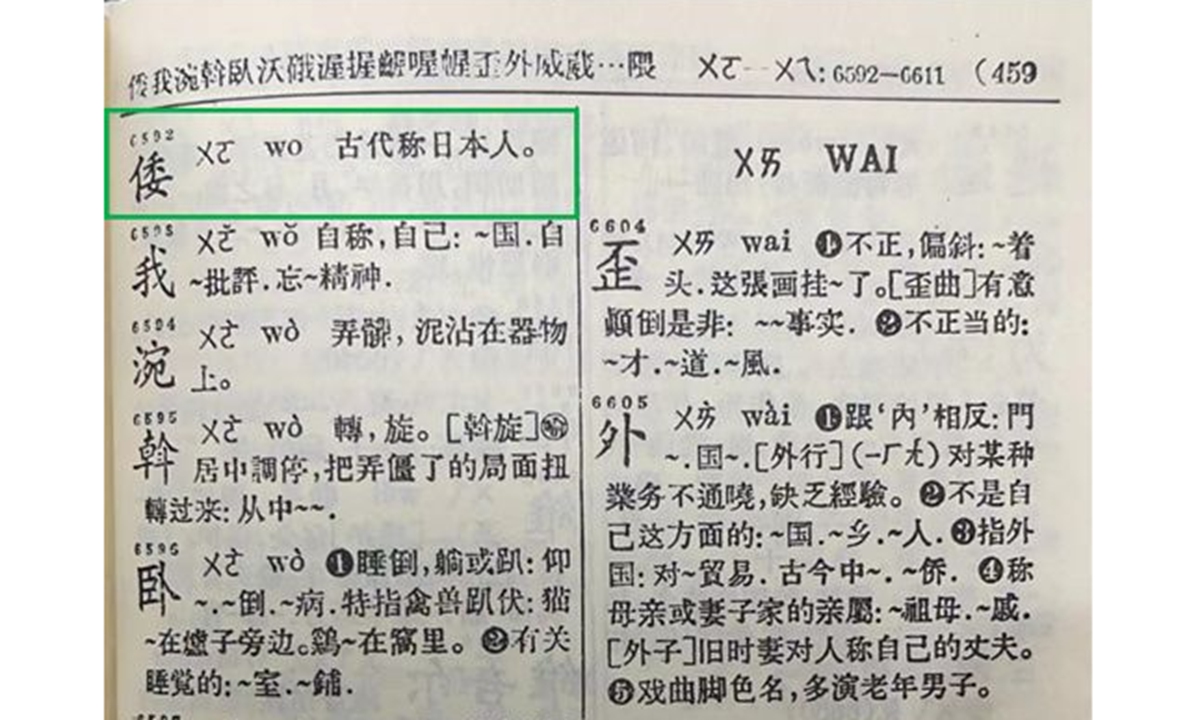At the time it was called “literary anarchy” by some experts in the field, while some of its supporters found it to be a refreshing change. It was the third edition of Webster’s New International Dictionary, the unabridged tome that was published by the C & G Merriam Company in 1961.
The 13-pound, 2,662-page lexicon contained 475,000 entries (100,000 of which were new) as well as 140,000 etymologies, 200,000 example sentences and 3,000 illustrations. It is said to have taken 757 editor years and cost $3.5 million to produce under the leadership of New Hampshire-born Philip B. Gove, Ph.D, a former Navy man.
Webster’s Third (or just W3) as it became known, replaced Webster’s Second, which had been in print since 1934 and consisted of 3,350 pages and a claimed 600,000 entries, 250,000 of which were the names of people, places and outdated words that Gove thought to be “nonlexical” and were better off in an encyclopedia. They were all given the heave-ho to make room for all the new words included in Webster’s Third.
A famous mistake in the second edition was that it had included the word “Dord,” which isn’t a word (it was supposed to have been “D or d,” a scientific abbreviation for density). But that typo was no big deal compared to the fact that Dr. Gove and his lexicographers had seen fit to include in the third edition the word “ain’t” (which it defined as “are not, is not,” and “am not”).
The New York Times lamented that “Webster’s has, it is apparent, surrendered to the permissive school . . . (and) reinforced the notion that good English is whatever is popular.” The New Yorker even ran a cartoon by Alan Dunn that showed a receptionist at Webster’s telling a visitor, “Sorry, Dr. Gove ain’t in.”
Gove countered the criticism by pointing out that he agreed with Noah Webster that “The basic responsibility of a dictionary is to record language, not set its style.”
The Times conceded in Gove’s 1972 obituary that “He maintained, with other scholars, that the ‘spoken language is the language,’ and that ‘correctness rests upon usage.’ He edited the dictionary from that viewpoint.”
But the furor over putting “ain’t” in the dictionary was just the beginning. Among the other things the book’s critics found fault with was the fact that it was allowing in its pages other words they considered to be colloquialisms. Words like: astronaut, beatnik, drip-dry, litterbug, radiocarbon, schlemiel, solar house, wise up, and zip gun.
A dictionary, the tome’s detractors objected, was supposed to be prescriptive (telling people how they should talk), not descriptive of how they actually talk. And if that ain’t enough, there was more fault finding to be had.
For one thing, Gove saved space by not capitalizing any word except God, at least until the folks at Kleenex threatened to sue over their brand name being used as a generic term for facial tissue. He also kicked out all the commas except when separating the words in a series (a move he claimed saved about 80 pages). Besides that, he increased the size of the book’s pages and shrunk the size of its type from 6 point down to a squint-worthy agate (5.5 point).
Webster’s third also included in its pages illustrations for some of its definitions with quotes from “down-market authorities” such as actresses Ethel Merman and Bette Grable and mystery writer Mickey Spillane.
For more on Webster’s Third New International Dictionary, check out “The Story of Webster’s Third: Philip Gove’s Controversial Dictionary and Its Critics” by Hebert C. Morton.
And if you’re wondering whether there will be a Webster’s Fourth, it’s evidently been in the works since 2008 but “it is unlikely that Merriam-Webster will ever publish a print version of it due to its unprecedented length.”
Jim Witherell of Lewiston is a writer and lover of words whose work includes “L.L. Bean: The Man and His Company” and “Ed Muskie: Made in Maine.” He can be reached at [email protected]










Invalid username/password.
Please check your email to confirm and complete your registration.
Use the form below to reset your password. When you've submitted your account email, we will send an email with a reset code.